
HSBC maintains its “buy” recommendations for all four systemic Greek banks, which in its report points out that the 15% reduced valuations from the high provide a good entry opportunity for investors.
The British bank prefers the shares of National Bank and Piraeus Bank. The target prices are 3.35 euros (from 3.30 euros) for Piraeus Bank, 6.75 euros (from 5.20 euros) for National Bank, 1.60 euros for Eurobank (unchanged) and 1.45 euros (from 1.40 euros) for Alpha Bank.
“Greek banks appear attractive at 0.55 times price-to-book value (P/TBV) ratios, 20% below emerging markets and 25% below European banks. We still see the best risk/reward combination in Piraeus Bank at 0.46 times, a valuation that seems unjustified for the profitability ratio it will display.
Alpha Bank also appears to be valued at 0.43x P/TBV, albeit for a lower profitability ratio. National Bank stands out with the strongest net interest income (NII) outlook due to its lower cost funding mix, while Eurobank is at the opposite end. We expect the valuation differential between the two to shift in favor of the former,” HSBC said.
The British banking giant continues: “We expected Eurobank and NBG to pay 20% of last year’s profits as cash dividends in the 2nd half of this year. However, Eurobank has decided to buy HFSF’s 1.4% stake in the bank instead, subject to regulatory approvals. While not paying a cash dividend is a disappointment in itself, guidance on the cost of capital for share repurchases suggests a payout ratio of only about 12%. A second dividend or buyback after this transaction, however, could restore sentiment.”
“NBC collected dividends equal to 20 b.v. of the capital which corresponds to a payment ratio of 14%. Whether it is a cash payment or a repurchase of some HFSF shares remains to be seen. Both banks have guided for around a 25% pay-out for next year, but that is too far off to calculate now,” the report said.
The most likely scenario is a collaboration government
Regarding the political environment, HSBC notes that Greece “was expected to hold parliamentary elections in April, but the train crash [in Tempi] reportedly forced the government to decide [to go to the polls] on May 21. That delay, as well as the decline in New Democracy’s lead, according to monthly polling averages compiled by Politico since the tragic event, have added to the uncertainty.”
“It seems that neither party is likely to get an absolute majority in the Greek parliament due to the change in the electoral law. A second round of elections, where the first party can get up to 50 additional seats, could be held in July. The latest polls show that they are leaning towards a coalition government and it remains to be seen how the market will perceive this,” HSBC emphasizes.
Finally, the British bank sees earnings growth of 41% on average, placing it 11% above analysts’ consensus. The rise in deposit costs has had limited costs so far as depositors wait for interest rates to peak before locking in long-term products, HSBC said.
“Rate hikes and loan book rebalancing will be behind us, and the shift from core deposits to time deposits and the increase in pass rates will reverse the dynamics of NIIs. We therefore expect earnings to decline by 22% in 2024 after growing 41% in 2023, and therefore believe that the first half will be the last round of earnings catalysts for Greek banks, with profitability ratios in 2024 of 7-10 %”.
Latest News

Deadline for Postal Vote Registration Expires on Mon.
More than 157,000 Greek citizens had registered on the relevant online platform so far

Orthodox Palm Sunday Today; Shops Open in Greater Athens-Piraeus Area
Orthodox Holy Week begins on Monday, April 29, and ends on Sunday, Easter Sunday or Great and Holy Pascha (May 5)

Greek Retailers Remain Optimistic About Easter Shoppers’ Turnout
While stores are expected to be open on Sunday, April 28, the majority of Easter shoppers will likely do their shopping during the Holy Week, following the deposit of Easter bonuses

Europeche: Greek Apricot Production Recovers
Europeche forecasts the production will bounce back despite a slight decrease in varieties attributed to high winter temperatures

Bank of Greece (BoG): Business-Household Deposits Up 1,675bln in March 2024
In March 2024, the monthly net flow of credit to the general government was negative by 469 million euros

FT: Greece’s Economic Rebound a Balance of Growth and Poverty
Eurostat data revealed a significant 10.8% drop in Greek public debt relative to GDP in 2023, alongside a 2% economic expansion, outpacing Germany's performance.
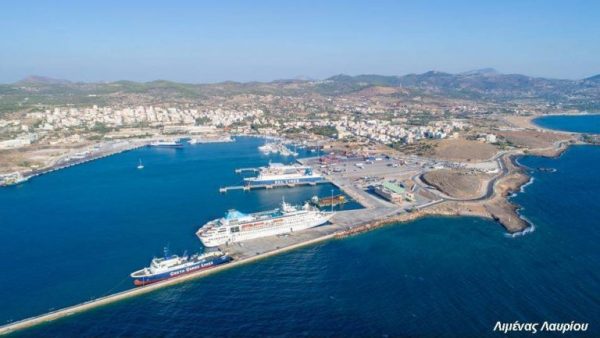
Lavrio Port Authority Next Up for Privatization
A deadline for the submission of expressions of interest is May 14, 2024

Eurostat: Greece Records Largest Drop in Natural Gas Prices in 2nd Half of 2023
The price of electricity and natural gas in Europe was down following a substantial surge that began before the Russian invasion of Ukraine and peaked in 2022
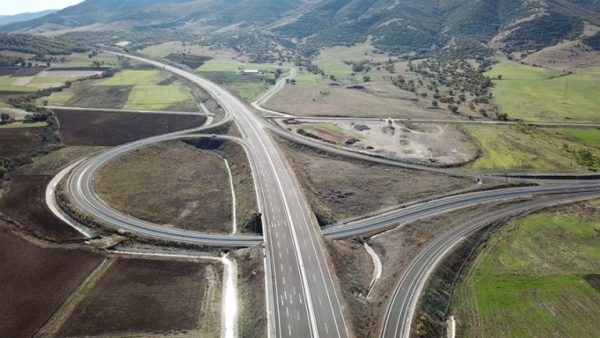
GEK TERNA Still Considers Leveraging Concessions Portfolio as Financial Tool
President and CEO of Gek Terna George Peristeris explained the company's plans on Tuesday on the sidelines of the inauguration of sections of Greece's E65 highway

NielsenIQ: 3% Supermarket Revenue Increase in Q1
Private label products are gaining traction, comprising 25.4% of shopping basket shares, up from 24.7%





























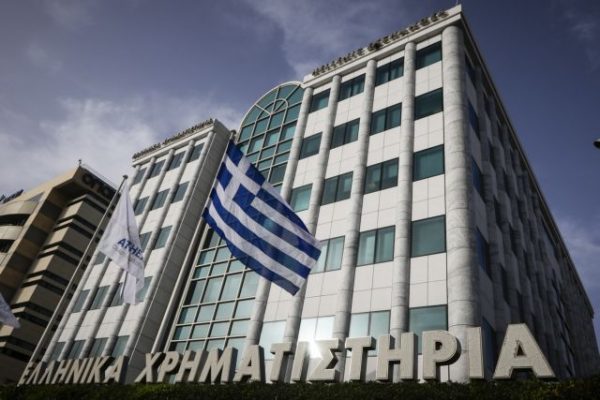
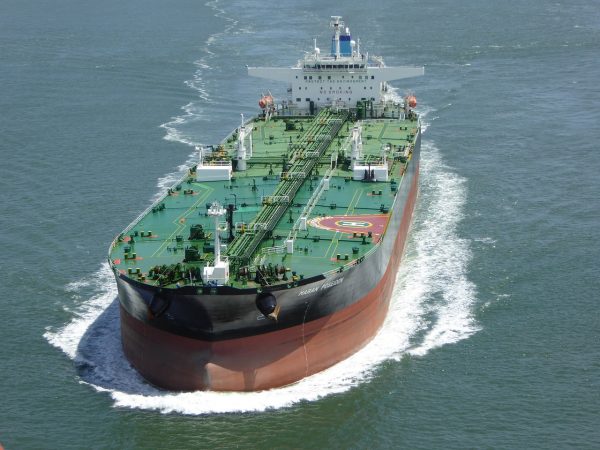



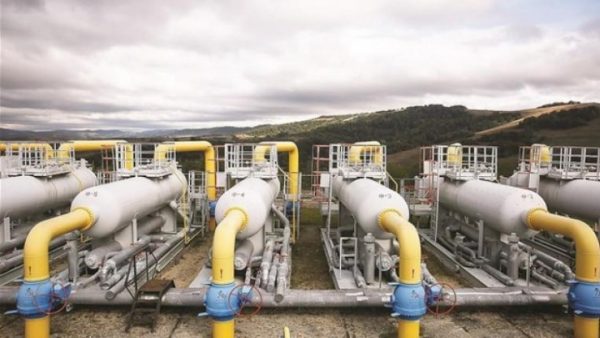





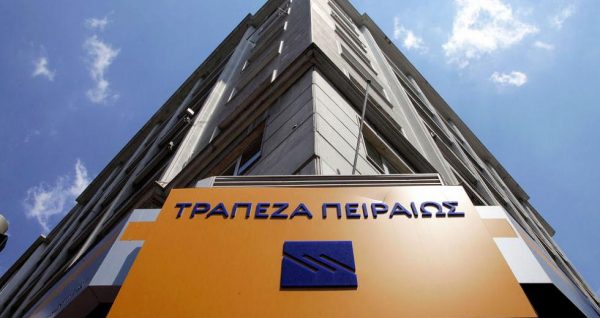
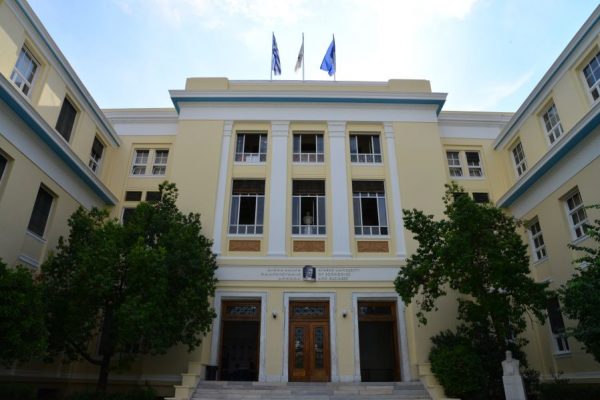
 Αριθμός Πιστοποίησης Μ.Η.Τ.232433
Αριθμός Πιστοποίησης Μ.Η.Τ.232433